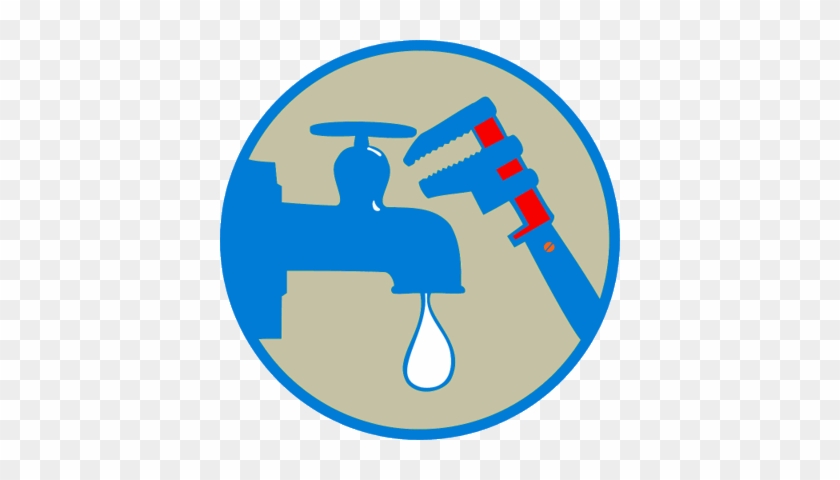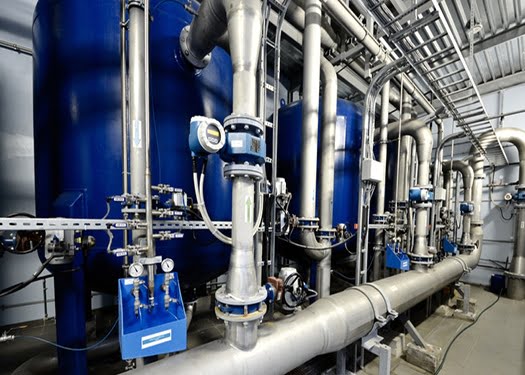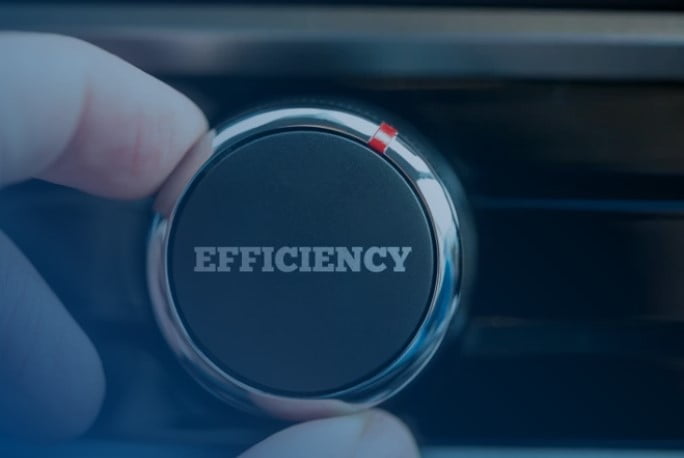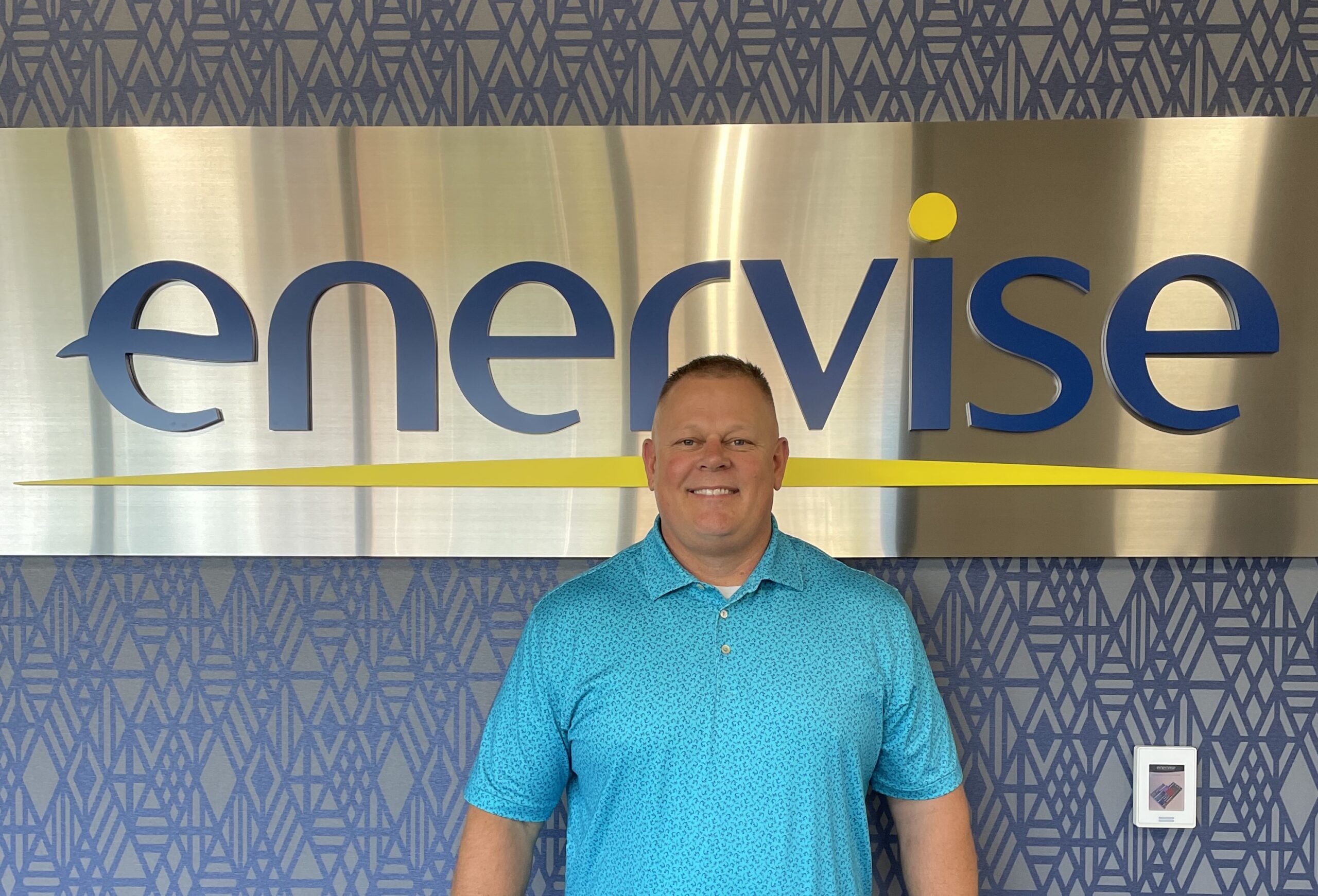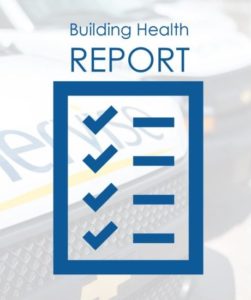When the unthinkable happens and the central boiler or chiller in your facility goes out unexpectedly, you know where all eyes immediately turn: to you—the facilities manager. The cause may be the result of an electrical storm, a power surge or some other event beyond your control. But regardless of how or why it happened, you’ll be expected to get things going again.
Nobody asks about the budget. Nobody wants to see the five-year maintenance plan. At that moment, the only thing anybody cares about is getting the heating or cooling running again—as soon as possible.
Of course that can be a major problem. What if your boiler or chiller has sustained damage that’s not easily repaired? Let’s face it: most commercial buildings don’t have redundancy when it comes to major equipment like that; your facility likely doesn’t have a backup for the chiller or boiler. And if either one is out of order, there’s a good chance work will grind to a halt.
So what are your options? You have an immediate need. It’s difficult (if not impossible) for employees to work without adequate heat or cooling. And even if they do struggle, their efficiency is going to drop like a rock. And the pressure is going to be on … you.
Making a decision on a new unit isn’t a spur-of-the-moment kind of thing. You’ll need to do research on the best repair/replacement option. Then management will have to review your proposal and approve funds. That takes time. And when people aren’t being productive, time is not on your side.
What you may not know is that you can actually rent an industrial boiler or chiller to keep things going and ensure employee comfort (and efficiency) while you take the necessary time to make sure your long-range choice is the right one for your facility.
And it’s not just catastrophes that will force you to think about having a backup for your boiler or chiller. As facilities manager, you may be called upon to come up with solutions for handling increased demand for capacity for unusual seasonal conditions (extreme summer or winter temperatures). Or you may be called on to boost output if you’re in a manufacturing situation that temporarily overtaxes your existing system.
While most facilities managers tend to think in terms of purchasing rather than renting equipment of this nature, here are a few reasons why renting may make sense for you:
- Prudent engineering decisions take time and should be done right to ensure a major capital investment like a new chiller or boiler is properly selected and designed to support your building for the next 20 to 30 years.
- Typical lead times for a new equipment build order from the manufacturer are between six and 12 weeks—probably too long to be without capacity.
- The process of finding funding for a major capital investment (which includes researching tax credits, utility incentives, leasing options and other funding mechanisms) can be lengthy.
- You may be changing the use of your building (or selling it for another purpose) and require temporary
- If you’re a manufacturer, supplementing your current production with a rental boiler can be the smart solution for maximizing your resources to meet current and long-term demand requirements.
- If your company has limited capital and can’t buy a boiler or chiller, renting is a good option for critical services.
So how do you go about renting this kind of equipment in the Greater Cincinnati area or elsewhere? You’ll want to be sure you’re dealing with a service company that has the right resources, experience and personnel to work with your engineering and facilities team to make quick decisions and complete the installation quickly. Typically, Enervise can install a rental chiller in under 48 hours with temporary piping and controls to support the needs of a building.
You’ll want to make sure you’re working with someone who understands your existing system and equipment, knows the right solution to your problems and can move quickly to meet your needs. That includes getting the right size chiller/boiler, evaluating pumping capacity and connecting to existing service lines or condenser cooling tower lines. You’ll also want to work with someone who knows what alternatives are available (such as air-cooled chillers) if connecting to existing piping and support systems isn’t advisable.
In short, installing your chiller and or boiler system is a complex process. You’ll want to make sure you’re dealing with a partner who understands the particulars of your system to avoid costly—and even dangerous—missteps.
For more information about rental options from Enervise, please visit Emergency Retrofit and Equipment Rental Services. And don’t hesitate to contact us with specific questions about your needs.
